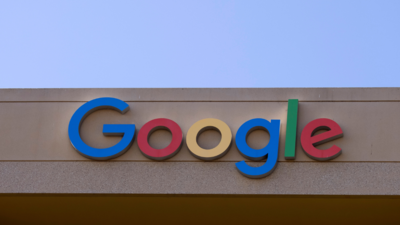Google has proposed giving more choices to other companies that contract with it for its automated search engine. The company proposed remedies in a blog post to give consumers more choices when browsing the web or using Android smartphones, ensuring a U.S. federal judge doesn’t have to do much to resolve its search monopoly concerns. Google is guilty Violation of antitrust laws earlier this year. Last month, the U.S. government also proposed forcing Google to sell Chrome, the world’s most popular web browser.
Google, on the other hand, has proposed less restrictive measures, such as allowing more flexibility in exclusivity agreements and giving consumers more choices in its search engine on Android devices and web browsers. U.S. Judge Amit Mehta is expected to decide on appropriate remedies next year, and his ruling could have a significant impact on the online landscape.
Google’s proposal to the U.S. government
In a blog post, Google outlined its proposed remedies to end its search monopoly. The company wrote:
“Browser Agreement:
Browser companies like Apple and Mozilla should continue to have the freedom to deal with the search engines they deem best for their users. The court acknowledged that browser companies “occasionally evaluate Google’s search quality relative to its competitors and find that Google’s search quality is superior.” For companies like Mozilla, these contracts can generate significant revenue.
Our proposal would allow the browser to continue offering Google Search to its users and earn revenue from this partnership. But it also gives them additional flexibility: it will allow for multiple preset protocols across different platforms (e.g., different preset search engines for iPhone and iPad) and browsing modes, as well as changing presets at least every 12 months Ability to search for providers (the court decision specifically refers to 12-month agreements as “presumed reasonable” under antitrust law).
Android contract:
Our recommendations mean device manufacturers have more flexibility to preload multiple search engines and preload any Google application independently of preloading search or Chrome. Again, this will provide additional flexibility for our partners and more bidding opportunities for competitors like Microsoft.
Oversight and Compliance:
Our proposal includes a strong mechanism to ensure we comply with the court’s order without giving the government broad powers over the design of your online experience.








